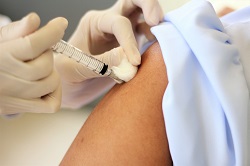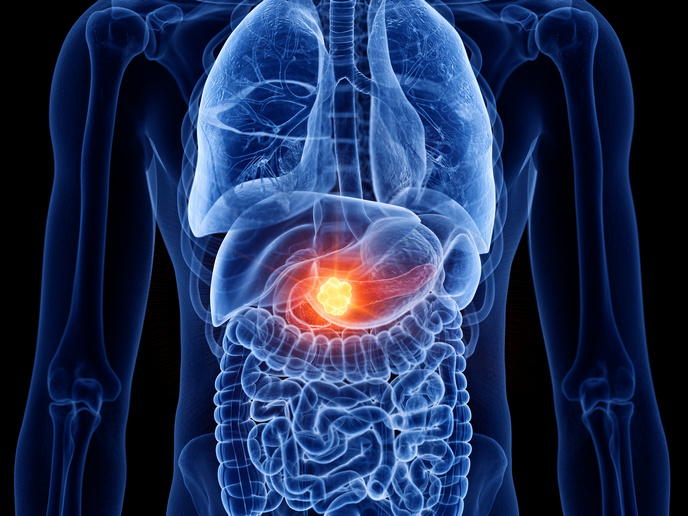A toolbox of advanced technologies for next generation vaccines
To prevent and possibly eliminate emerging and unresolved infectious diseases such as influenza and tuberculosis, there is a need to harness the potential of the human immune system. The EU ADITEC (Advanced immunization technologies) project has enabled this ambitious goal by adopting a multidisciplinary, systems biology approach to develop the necessary powerful immunisation technologies. Adaptation to a dynamic pool of diseases and environments Prof. Donata Medaglini, the project’s scientific coordinator, explains how scientists from 42 partner institutions in 13 different European countries and USA joined forces to achieve this. ‘Specific results, such as novel immunisation technologies, adjuvants, vectors and delivery systems, optimised formulations and vaccination methods for different age groups, all came together in a toolbox of advanced technologies enabling the best possible insight into fighting diseases.’ ADITEC has also made the new technologies broadly available. The ADITEC biobank that stores samples from trials is available, not only to the ADITEC partners, but to the whole scientific community. Prof. Medaglini points out that ‘this has evolved into a new collaborative ecosystem where the European scientific and industrial sector acts as an enterprise that is able to lead innovation globally.’ Unique scale and scope of clinical trials Tested head to head in animal models and combined in prime-boost strategies, the researchers investigated the technologies’ mechanism of action in pre-clinical and clinical studies. The project has completed 12 clinical studies with over 700 subjects and is contributing to international regulation and standards for the harnessed novel technologies. The sheer volume combined with the nature of the trials has created a high impact in the vaccination sector. ‘With synergies created and cross-fertilisation of research areas that have increased competitiveness in the industry, ADITEC has created a European Vaccine Enterprise,’ points out Dr Rino Rappuoli, project coordinator. From common diseases to the neglected There is a large unmet need for better vaccines against influenza and in pre-clinical and clinical studies, different routine vaccines including live-attenuated as well as those with and without adjuvants were tested. This enabled the study of different immune responses with varying formulations and in different age groups – from the infant to the elderly. Successful completion of the first systems biology study of adjuvanted influenza vaccines in early childhood has led to a more intensive trial, again in infants. The results have been published in PNAS and Front. Immunol. Shigella sonnei is a neglected pathogen despite causing more than half a million deaths from dysentery every year. A novel vaccine against S. sonnei, based on Generalised Module of Membrane Antigens technology, was successfully tested in a phase I trial and progressed to a phase II trial in an endemic population of Africa with ADITEC. Further clinical development is now supported by an external grant from the Bill and Melinda Gates Foundation. The backbone of European competitiveness in the vaccines industry For a sustainable vaccines sector in Europe, there has to be a foundation of solid, structured training. The project organised professional level programmes for over 100 students as well as 210 PhD/ postdoctoral researchers. ADITEC’s philosophy of collaboration also provides the synergy for a platform of excellence to attract further funding for long-term vaccine development. Further proof of the future success of the ADITEC approach comes in the form of 7 patents, over 265 publications to date in international peer-reviewed journals and 10 Memoranda of Understandings with EU and United States organisations active in the vaccines field as reported in the depth analysis of the ADITEC Scientific and Socio-economic Impact. Dr. Rino Rappuoli sums up the resounding success of the project by looking to the future. ‘By combining different types of scientific cultures and ethos, the ADITEC project has, and will continue to contribute to support an increase European competitiveness. From this perspective, this project represents a very successful experiment of public-private partnership that could become a model for future initiatives.’
Keywords
ADITEC, vaccines, clinical studies, adjuvant, systems biology







